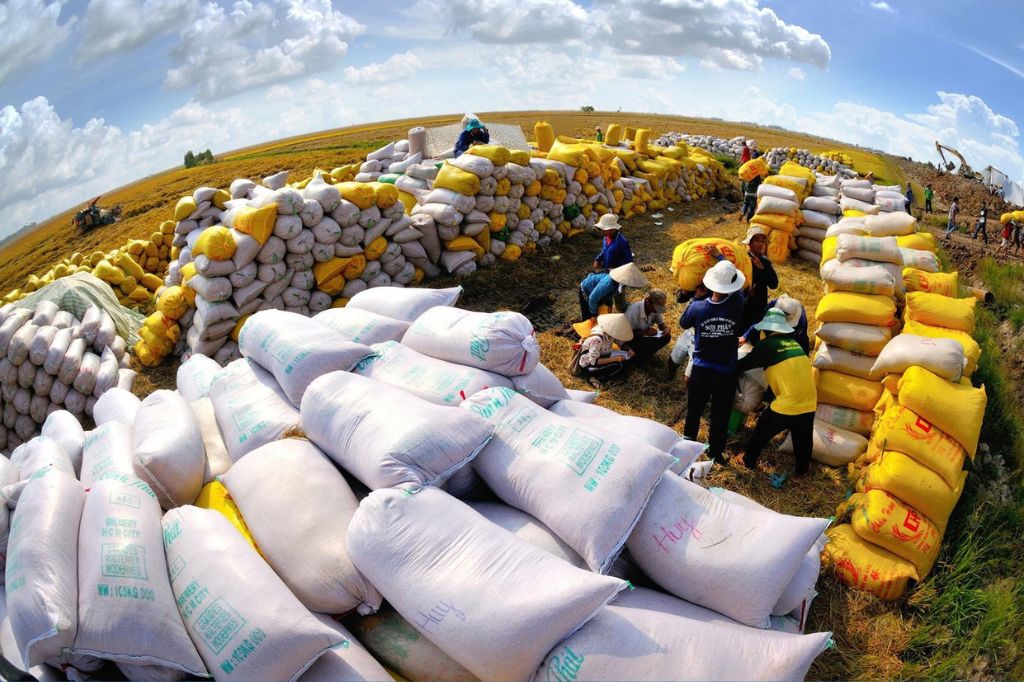In the wake of global food supply concerns spurred by India’s restrictions on rice shipments and Thailand’s water scarcity, Vietnam’s leadership is taking assertive measures. The government has recognized an opportunity not only to bolster domestic food security but also to enhance its standing on the world stage as a key rice exporter.
Prime Minister Pham Minh Chinh has issued a directive aimed at producing over 43 million tons of rice in the foreseeable future. The instructions were revealed on the government’s official website on Sunday, following an August 5th announcement.
To accomplish this ambitious goal, the premier has engaged both the agriculture and environment ministries to pinpoint and develop major planting areas. Furthermore, he has pressed ministries and local governments to craft a delicate balance between local consumption and overseas sales, aiming to lift Vietnam’s rice production by nearly 10% compared to the previous year.
The urgency of these actions cannot be understated, given recent developments. The decision by India, a leading rice shipper, to limit some grain exports has sent ripples across the Asian market, propelling prices to a three-year high. Thailand’s call for water conservation, urging a reduction in rice planting, has only added to the concern.
Also read: Transition of Power: A New Chapter in Cambodia as Hun Manet Takes the Reins
However, the Vietnamese government’s strategy goes beyond mere production. It aims to preserve the reputation of Vietnamese rice on the global market. Recent local imbalances in supply and demand, caused by massive purchases by traders, led to unreasonable price hikes in some areas. Prime Minister Chinh has called for strict penalties for speculative behaviors and unlawful profiteering, which could tarnish Vietnam’s standing.
In a move to further stabilize the market, Minister Nguyen Hong Dien has directed local authorities to ensure domestic supply and stable prices through the Lunar New Year 2024. This includes a strict mandate for exporters to maintain minimum stockpile levels, honoring contracts, and approaching new clients cautiously.
Vietnam’s approach is a multifaceted response to a global challenge. By seizing the opportunity to increase production, stabilize the domestic market, and enhance global reputation, the nation is positioning itself as a critical player in the world’s food security landscape.
Source: The Star
















